The Commission is proposing to fully suspend the EU’s Visa Facilitation Agreement with Russia.
A country like Russia, waging a war of aggression, should not qualify for visa facilitations as long as it continues conducting its destructive foreign policy and military aggression towards Ukraine, demonstrating a complete disregard to the international rules-based order. The suspension is in response to increased risks and threats to the Union’s security interests and the national security of the Member States as result of Russia’s military aggression against Ukraine. This means that Russian citizens will no longer enjoy privileged access to the EU and face a lengthier, more expensive and more difficult visa application process. Member States will have wide discretion in processing short-stay visa applications from Russian citizens, and will be able to ensure greater scrutiny in respect of Russian nationals travelling to the EU. The EU will remain open to certain categories of Russian visa applicants travelling for essential purposes, including notably family members of EU citizens, journalists, dissidents and civil society representatives.
The Commission is also presenting today a proposal on the non-recognition of Russian passports issued in occupied areas of Ukraine.
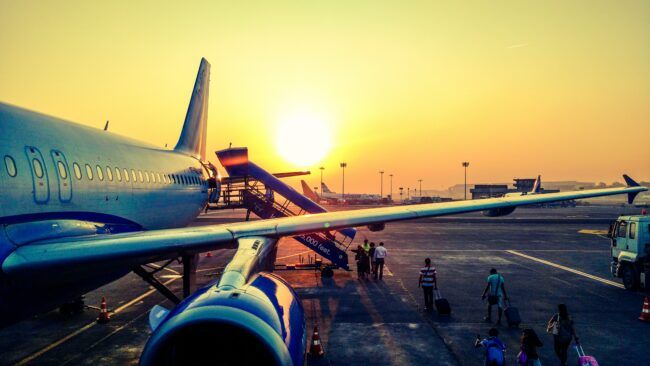
Digitalización de visados: se facilitan los viajes a la UE con visado
|
These proposals follow the political agreement reached by Foreign Affairs Ministers at their informal meeting of 31 August on a common and coordinated way forward when it comes to visa issuance for Russian citizens.
Ending privileged access to the EU for Russian citizens
The proposal to suspend the Visa Facilitation Agreement will put an end to all facilitations for Russian citizens applying for a short-stay visa to the Schengen area. The general rules of the Visa Code will apply instead.
In practice, Russian applicants will face:
- A higher visa fee: The visa fee will increase from €35 to €80 for all applicants.
- Increased processing time: The standard deadline for consulates to take a decision on visa applications will increase from 10 to 15 days. This period may be extended up to a maximum of 45 days in individual cases, when further scrutiny of the application is needed.
- More restrictive rules on multiple-entry visas: Applicants will no longer have easy access to visas valid for multiple entries to the Schengen area.
- A longer list of supporting documents: Applicants will have to submit the full list of documentary evidence when applying for a visa. They will no longer benefit from the simplified list included in the Visa Facilitation Agreement.
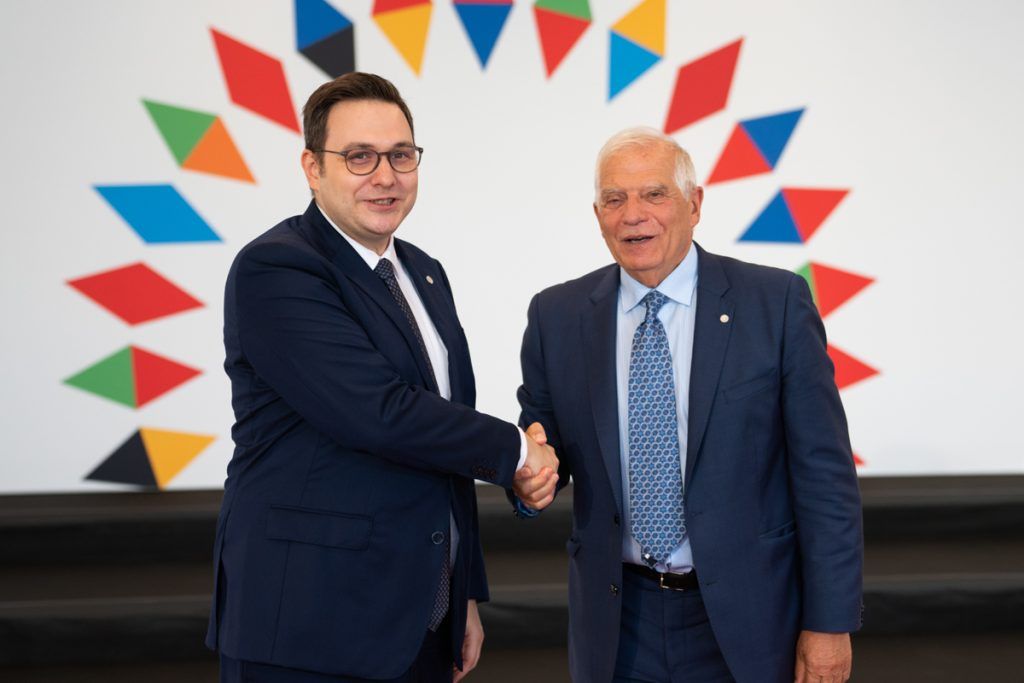
Los ministros de Asuntos Exteriores de la UE acuerdan suspender el acuerdo de facilitación de visados
|
The EU has concluded Visa Facilitation Agreements only with a limited number of countries. These Agreements are based on mutual trust and respect of common values between the EU and the given country. Russia’s invasion of Ukraine is incompatible with a trustful relationship and runs counter to the spirit of partnership on which Visa Facilitation Agreements are based. It justifies measures to protect the essential security interest of the EU and its Member States.
Since the beginning of the Russian aggression against Ukraine, the situation has worsened, with tragic humanitarian consequences for civilians and widespread destruction of key infrastructure.
Non-recognition of Russian passports issued in occupied regions of Ukraine
The Commission is also proposing a common EU approach for the non-recognition of Russian passports issued in occupied foreign regions, as Russia currently extends the practice of issuing ordinary Russian passports to more non-government-controlled areas of Ukraine, in particular the Kherson and Zaporizhzhia regions. Member States should not recognise Russian passports issued in occupied areas of Ukraine as valid documents for the purpose of issuing a visa and crossing the EU’s external borders. This legislative proposal will ensure a binding approach, applicable in all Member States, replacing the voluntary actions taken by Member States since the illegal annexation of Crimea. This is a further step in the EU’s common response to the Russian military aggression against Ukraine and the Russian practice of handing out passports in occupied foreign regions.
More information: European Commission – Press release

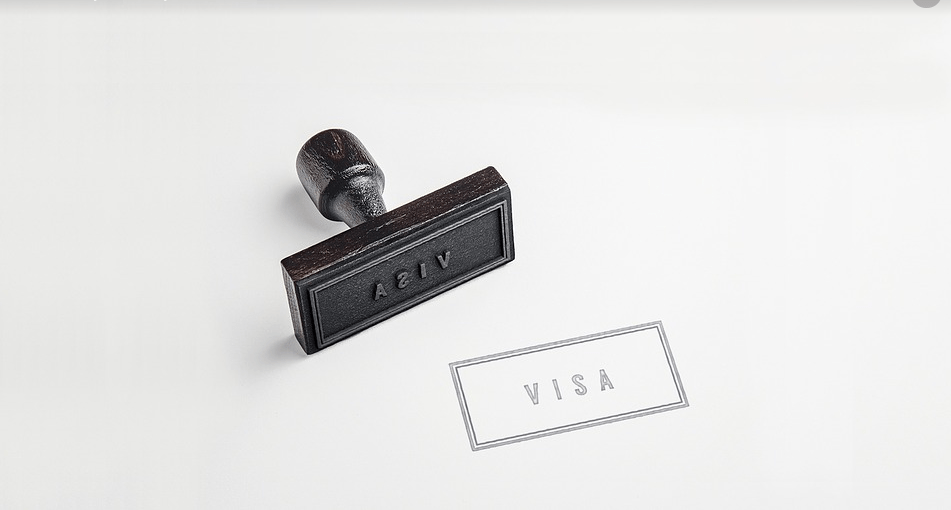

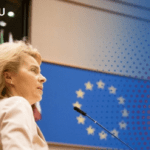


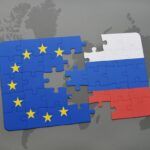
Leave a Reply